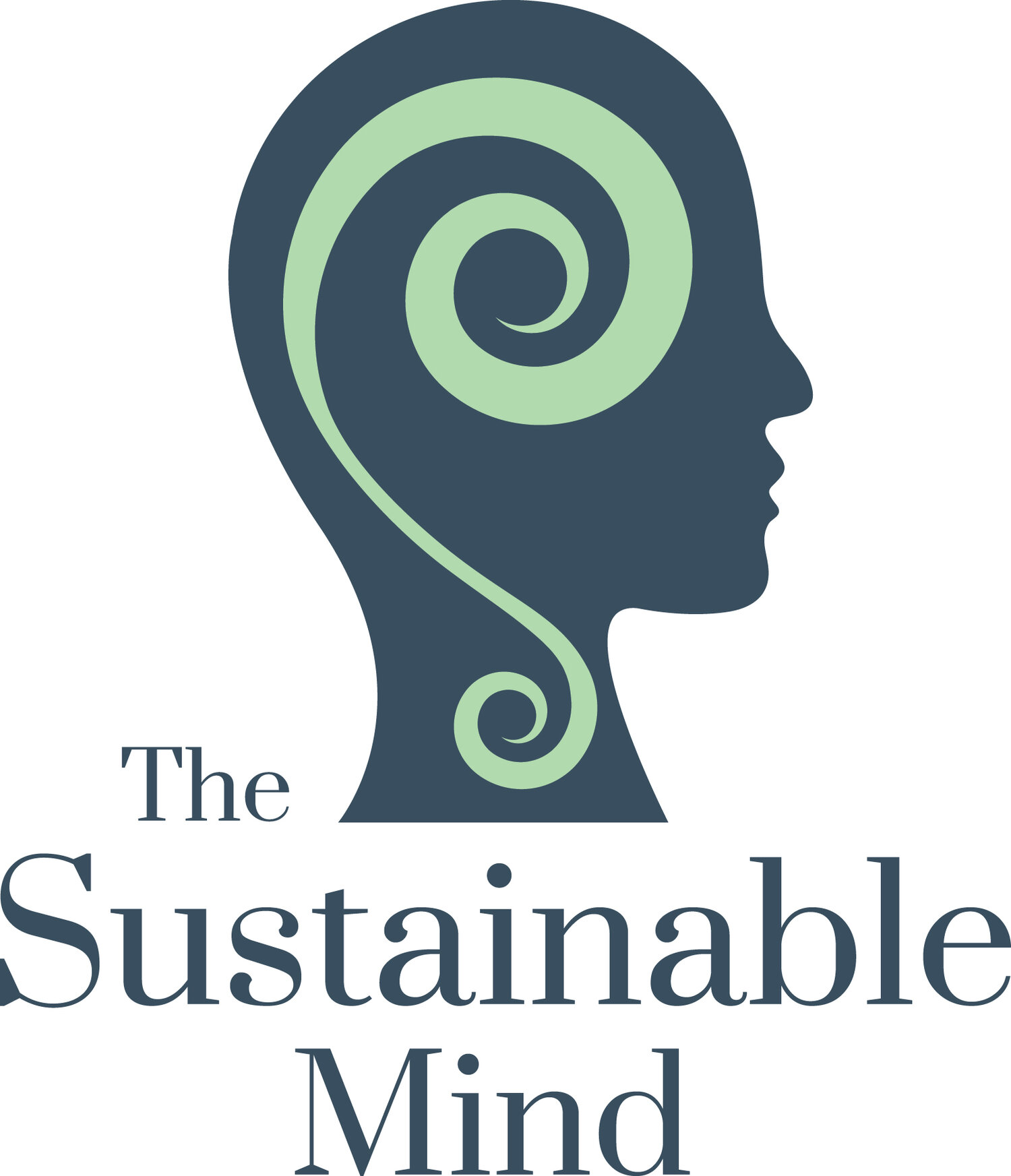You might ask, what is a sustainable mind?
We often think of the word sustainable as relating to our environment, and how we might live sustainably to protect our planet and its resources. But consider this; what if we are not living in a sustainable way? By that I mean always being busy, getting our to-do lists done, looking after everyone else, saving the planet, which are all commendable things. But what about if we then run out of energy, we are stressed, we become burnt out, overwhelmed, we become ill, our bodies get a dis-ease? Then we cannot do all those valuable things. Is that ‘way of living’ sustainable to our health, our loved ones and our planet? Simply, no. So, our way of living, of being or rather doing becomes unsustainable because we are pulling on all of our resources without replenishing them. Sound familiar?
Let us take this a step further and consider what a sustainable mind is. If our mind, our thoughts, are full of worry, negativity, judgments, criticisms, comparisons, then it can lead to stress, anxiety, depression and even addiction. What we now know through research is that when we shame, blame and become critical of ourselves we activate our threat response in the brain – fight/flight/freeze – which means we are unable to connect with the higher, more rational part of the brain. This can overwhelm us and often leave us feeling in fear, like we are stuck and cannot move forward. Is this a sustainable way for the mind to be?
The Sustainable Mind considers ways for our minds to be sustainable – managing thoughts and emotions – to lead us to live sustainably – taking care of ourselves, so that we can better take care of others. From here, we can then go on to do the things we value, look after the people we love, appreciate and honour what is here in our lives. By saving ourselves we save the planet!
The Sustainable Mind’s mission is to enable us to awaken to our suffering, pain, conditioning, stories, trauma and fragility and grow from them to recognise that these are in fact our resources and strengths. This is done through meditative practice and taught in combination with the latest neuroscience findings, which show us how and why our practice works. Let us move to a place of rest, safety, play and curiosity, so that we can have the space and freedom to choose how we live our lives.

“So rather than being navel-gazing, which meditation is occasionally accused of, it is absolutely connected to outer change. I believe that for human survival, there is an evolutionary imperative for all of us to wake up - to wake up to our inner suffering and learn how to reduce it, and then wake up to the suffering of others and of the planet. It is urgent that we practice - and let this practice mature - so that we can become agents of peace.”
— ‘The Little Book of Being’ by Diana Winston
